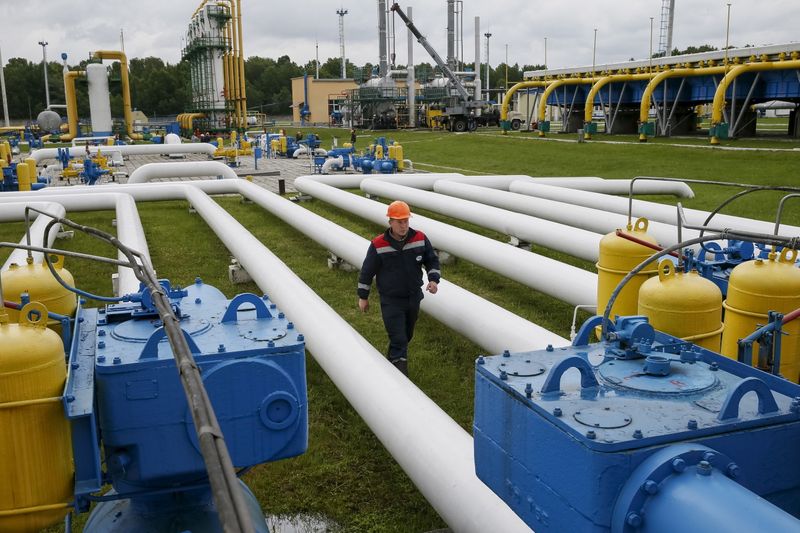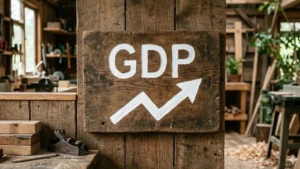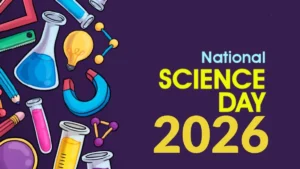The Petroleum and Natural Gas Regulatory Board (PNGRB) and the World Bank have joined forces to develop a comprehensive roadmap for integrating hydrogen blending in natural gas and establishing the infrastructure for their transmission through gas pipelines in the country.
The Joint PNGRB-World Bank Study: Mapping Hydrogen Demand and Supply
The primary objective of the study is to develop a comprehensive roadmap for the rapid implementation of hydrogen blending in India. The study covers the following aspects:
- Analysis of hydrogen demand and supply.
- Technical assessment of the current pipeline network’s compatibility for hydrogen blending.
- Evaluation of the commercial potential of the pipeline sector.
- Identification of policy and regulatory bottlenecks.
The study’s recommendations include proposing amendments to the regulatory frameworks to align with the national objective of achieving a hydrogen consumption target of 5 million metric tonnes per annum by 2030. The study is scheduled to be completed within 16 weeks.
Benefits of hydrogen blending in natural gas
- Renewable Energy Storage: Blended hydrogen can serve as a form of energy storage, allowing for better grid management during peak demand periods.
- Energy Security: Hydrogen can be produced domestically, reducing reliance on imported fossil fuels and enhancing energy security.
- Improved Air Quality: Lowering carbon emissions through hydrogen blending can lead to improved air quality, benefiting public health and reducing pollution.
- Reduced Dependence on Fossil Fuels: By progressively augmenting the proportion of hydrogen in natural gas, the dependence on pure natural gas, a fossil fuel, is diminished
Petroleum and Natural Gas Regulatory Board (PNGRB)
- The Petroleum and Natural Gas Regulatory Board (PNGRB) is a statutory body established under the Petroleum and Natural Gas Regulatory Board Act, 2006.
- This board is responsible for overseeing and regulating various aspects related to petroleum products and natural gas in the country.
- Its key functions encompass the regulation of refining, transportation, distribution, storage, marketing, supply, and sale of petroleum products and natural gas.
Key takeaways for competitive examinations
- Chairman of Petroleum and Natural Gas Regulatory Board: AK Jain




 India’s GDP Growth Slows to 7.8% in Q3FY...
India’s GDP Growth Slows to 7.8% in Q3FY...
 National Science Day 2026: Honouring the...
National Science Day 2026: Honouring the...
 7 Countries that Celebrate Holi Like Ind...
7 Countries that Celebrate Holi Like Ind...








